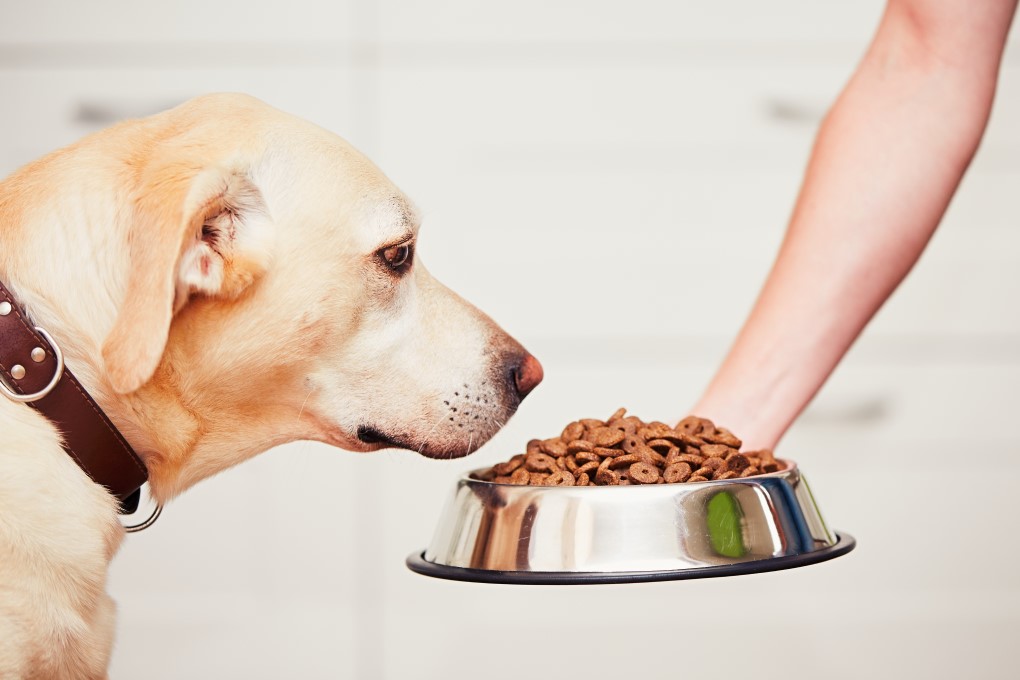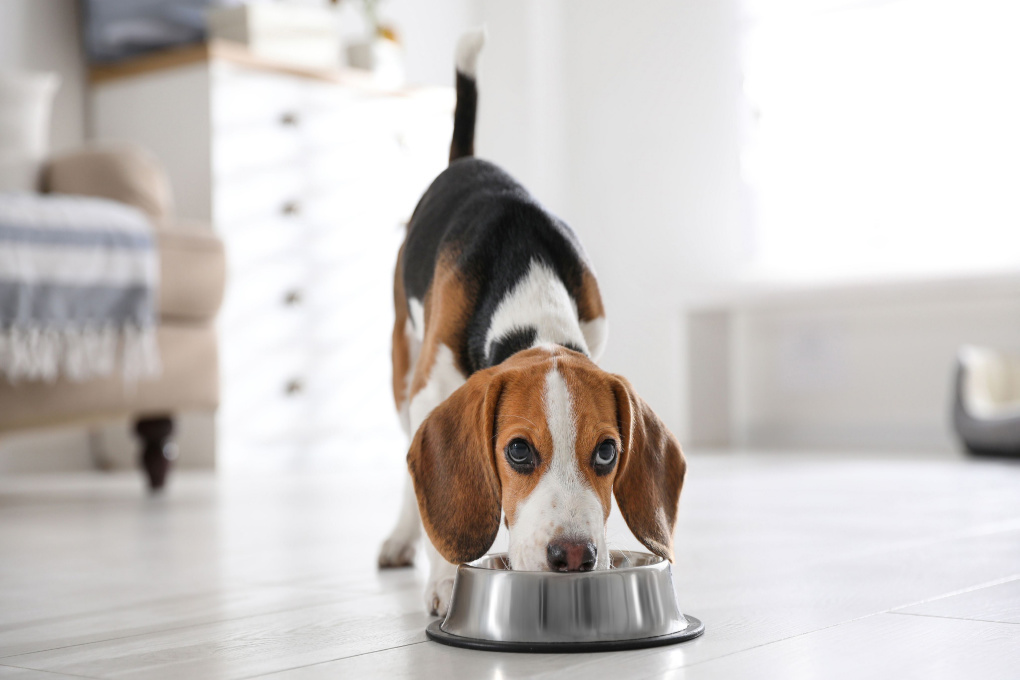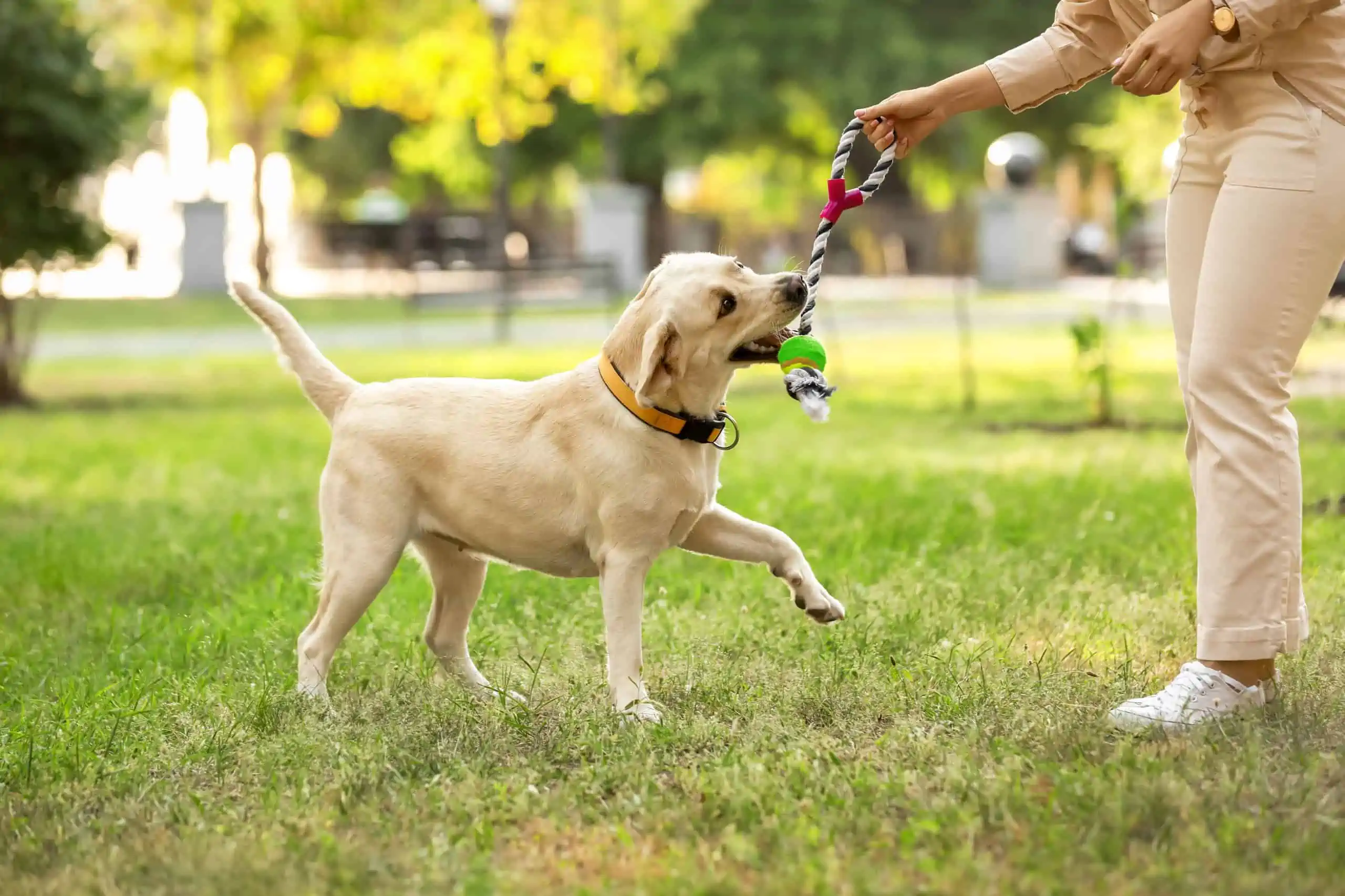We’ve all witnessed the stereotype of a rabid dog foaming at the mouth in movies.
Teeth bared, white substance protruding from their jaw; it can be quite an intimidating sight to see.
And it’s normally an unwanted intruder, a suspicious or untrustworthy character, or the protagonist in a comedy sketch, who has trodden in the wrong place at the wrong time, that is faced with this frenzied beast.
Fortunately for pet parents, this is usually an exaggerated depiction for the cameras. Granted, unexpected and excessive foaming can be a cause for concern initially, but it’s generally nothing to get too worked up about.
Firstly, you’re safe in the knowledge that your four-legged friend is vaccinated, healthy, cared for and adored. Those are the foundations for a happy, hearty housemate, whose wellbeing is at the forefront of their human’s mind.
There are a number of uncontrollable factors that can lead to excess drooling or foaming at the mouth, but they shouldn’t all set alarm bells ringing, even when a phone call to your vet seems like your initial reaction.
The main reasons why your dog is foaming at the mouth
- Exertion: Foam is simply drool that has been infused with air, brought on by your dog’s panting or heavy breathing. Hypersalivation is a consequence of hyperactivity, which is a clear sign that your best friend is in need of a rest from whatever activity they are partaking in. If your dog is excited and overheats, they need to cool down and rehydrate.
- Stress/anxiety: In the same way that overexertion and excitement can bring on hypersalivation, psychological issues, fear/panic can also engineer a change in breathing patterns. This transformation, which can leave them breathless, and fighting for air, will again produce foaming/hypersalivation in the mouth.
- Dental disease: A buildup of bacteria in a dog’s mouth can cause infections and other problems with their teeth. Once your dog’s dental health becomes compromised, uncomfortable oral conditions such as abscesses can also appear, as well as toothache and halitosis. Again, these problems can cause excessive drooling and foaming.
- Toxic substances: In more extreme cases, a visit to the vets is an absolute necessity. If you suspect that your tail-wagging terrier is foaming as a result of sickness or poisoning, then book an appointment as a matter of urgency. Every second counts in these instances so it is imperative to read the situation as quickly as possible and seek help.
- Rabies: This is probably the rarest, yet most severe case that is linked with dog foaming. It is very unusual in this day and age, but it is something that all pet parents will have to take into consideration if your dog hasn’t had a rabies vaccination. If you know that your favorite four-legged family member has come into contact with a rabid animal, and they’re now frothing at the mouth, you need to take proper precautions and contact your vet for advice on what to do next.
Is foaming at the mouth a normal thing for a dog to do?
There’ll be occasions when pet parents are forced to run the rule over their dog’s drool.
The general assumption – based on myth and what is projected on our TV screens – is that foaming and rabies are interlinked.
This just isn’t the case and, thanks to modern day medicine, it is now one of the more unlikely probabilities.
Foaming at the mouth can be the consequence of many things, which can admittedly range in severity, but it isn’t normally ‘worst case scenario’.
The cause could be something as straight-forward as exertion, when getting too excited at playtime, or a result of stress or an upset stomach.
At the other end of the spectrum, it could be sparked by dental disease, poisoning, internal organ issues or a seizure.
A happy and healthy dog, that is full of life, can still hypersalivate or even foam, so it shouldn’t always draw panic or negativity.
The chances are, if your dog often foams from the mouth when overdoing it, their human companions will be au fait with any behavioral traits or quirks.
Should these characteristics or nuances develop in any way, or become noticeably different, then it’s crucial for pet parents to pay attention.
You should be able to differentiate between a normal/natural slobber and a frothy leakage that is more sinister and might require treatment.
When to seek veterinary help
If your four-legged friend’s condition deteriorates, becomes unmanageable, and other symptoms are detectable, then seek immediate veterinary support.
Time is of the essence when your precious pup takes a turn for the worse so it can make a huge difference if you know your furry companion inside out.
That way you might be able to notice if their symptoms are normal, harmless and in line with what they’d experience after hectic play or during an unfamiliar and stressful situation.
Or, alternatively, you would be able to act promptly if you recognise that their symptoms are telling a different story. Anything out of the ordinary might suggest that they are suffering from a more serious health issue.
If your hairy housemate is drooling/foaming excessively, appears lethargic, is having difficulty breathing or swallowing, has lost their appetite, isn’t hydrating or they’re behaving peculiarly, then it’s time to call for help.
Nobody knows your dog better than you
Nobody knows your dog better than you do.
There is no tighter bond than the one between a dog and their human comrade.
You’ve experienced so much together, spent long periods of time in each other’s company, and learned to live with each other’s niches.
So there is nobody better qualified to recognise when something isn’t quite right with their best buddy than a pet parent.
As soon as you spot something untoward, or disconcerting, then respond rapidly, because every second counts.
Don’t leave anything to chance when it comes to your pet’s health and wellbeing. An expert is just a phone call away!
If you’ve got more questions like this, then you may also find our related articles useful:







